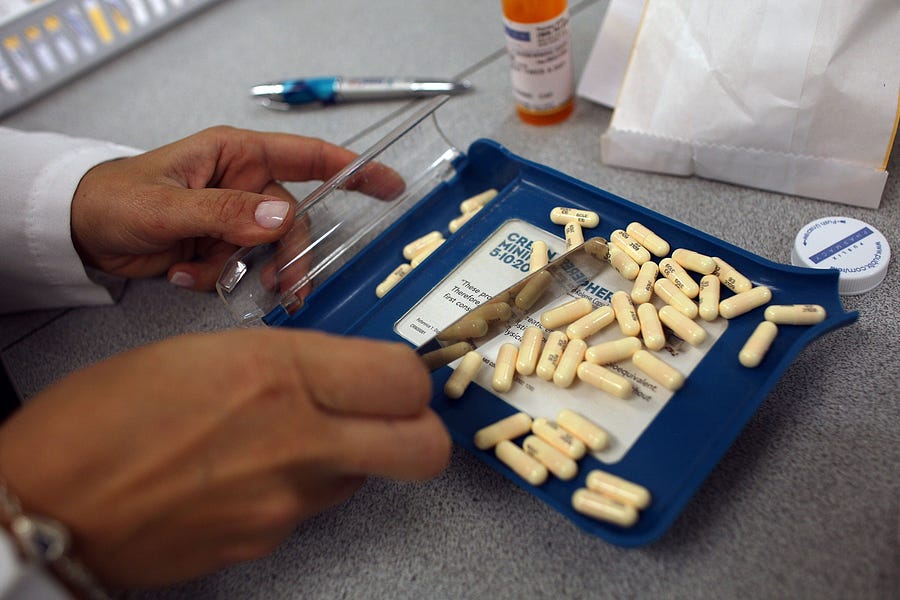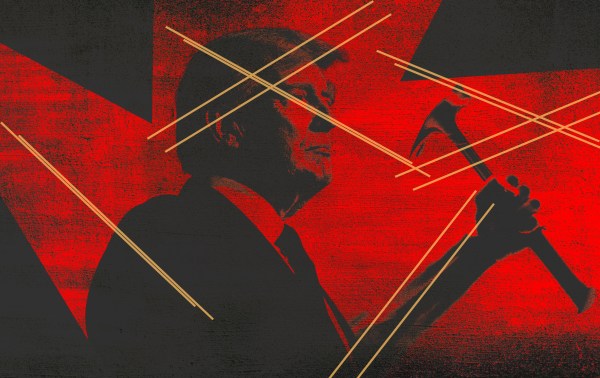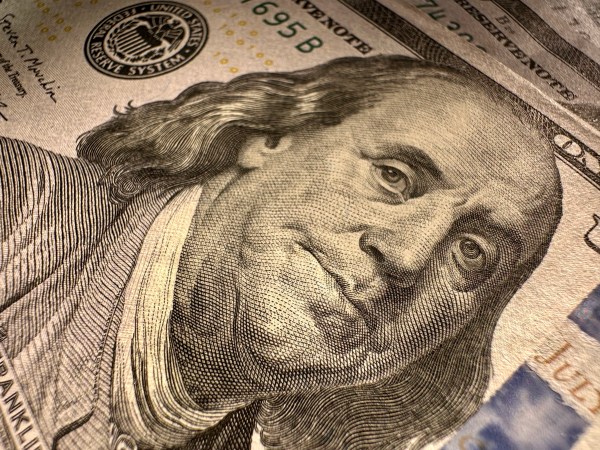During the Cold War, the Western alliance came together to create COCOM, the Coordinating Committee for Multilateral Export Controls, an export regime aimed at barring the sale of sensitive military and dual-use technologies to the Soviet bloc. The time has come to build its analog, an alliance committed limiting key strategic imports and exports to and from the People’s Republic of China. The coronavirus that originated in Wuhan, China, is at once a reason and an opportunity to begin a multilateral dialogue aimed at creating a partial trading bloc.
Over the last couple of years, the Washington consensus view on China has shifted 180 degrees. The nation whose transformation lifted hundreds of millions out of poverty and spurred serious calls for examination of a “China model”—authoritarian government married to managed capitalism—is now perceived by most political leaders as a strategic competitor at best, a dangerous enemy at worst. Setting aside the well-documented military challenge, since the Wuhan outbreak, the economic and health threats have come sharply into view.
Consider that Chinese firms are said to supply more than 90 percent of U.S. antibiotics, 70 percent of acetaminophen (that’s Tylenol), and almost half of the anti-coagulant heparin. “Are said to” because we struggle even to gather information on this because of the opacity of the Chinese market and state-dominated record keeping. Some studies suggest up to 80 percent of the basic ingredients in U.S. drugs come from the PRC. China is also the second largest exporter of biologics and the prime source of medical devices per the FDA. In some cases, it appears that India is a prime source of a key import – generics, for example – but that masks the fact that India sources up to 75 percent of its own pharma ingredients from China.
This makes no sense, economically or logically. Most individuals wouldn’t tolerate dependence on a single drug store for a critical, life-saving medication. Why would a nation? Much less dramatic but still potentially important is our dependence on China for some rare earth elements, used in mobile phones among other things. We have an indirect dependence even in technology, where our top firms waste no opportunity to say how much they need to sell to China in order to remain innovative. (This is a new plaint. Seismic innovation in the 1990s didn’t demand sales to the PRC.)
For drugs and tech, the answer is easy, even if remedying global China dependence won’t be. But what other critical supplies does the PRC control? In answering the question, politics rears its ugly head.
The United States sources 99 percent of shoes sold from overseas, with 70 percent of those coming from the PRC. Same with 72 percent of smartphones. The artificial sweeteners in Diet Coke. Toys, furniture, sports equipment … what you buy every time you go to Target. China accounted for 18 percent of U.S. imports last year. But how many of them are critical? Long story short, not a ton. It’s no crisis if a hefty chunk of car components come from Wuhan (GM produced nearly 640,000 cars in Hubei Province, whose capital is Wuhan, last year.) Ditto Diet Coke. Barbies. Ken dolls (I mean, really). Toilet paper. Cheap sneakers.
Disagreement about just what constitutes “critical” or “strategic” is important and must be hashed out. But the United States has already embraced the idea of export controls to limit the sale of key defense technology and equipment, as have most of our allies. Applying similar logic to imports may be tougher, particularly as Europe assesses China differently (ahem, Huawei), but that shouldn’t hinder the United States from beginning to build a new multilateral supply regime. How? That’s where the coronavirus actually simplifies the task. Supply chains have already been disrupted, and companies that were fretting about rising labor costs and a growing police state in China now have the incentive they need to step away.
Another element in diversifying away from China—a task that would, absent this global crisis, take years—is to build consensus around the threat. Even without Donald Trump’s heavy handed emphasis on the “China virus,” our European allies are well aware where Wuhan is. Do other countries have the capacity to backfill China? In short, not easily. But where they see demand, they will move faster to accommodate, which will broaden their capacity at a critical moment.
Another key first step is to determine the circle of trust countries to which critical chains can be diversified. Most NATO allies, Mexico, Japan, and Australia are obvious possibilities. Democratic governance might be a requirement, but then again, countries like Communist Vietnam may prove themselves reliable trading partners. The key is putting fewer eggs in one ugly basket.
This process has already begun with enhanced reviews of inbound investment through the Committee on Foreign Investment in the United States (CFIUS). The bill mandating those changes passed in 2018 with overwhelming bipartisan support. That support for revisiting U.S. economic dependence on China continues today, with leaders as diametrically opposed as Adam Schiff and Donald Trump championing a similar rethink.
Opening the door to the creation of a critical industries list is something many conservatives and libertarians have long opposed. Allowing politicians to label what matters and deserves protection in an economy is a license to broader, politically driven protectionism. Look no further than Donald Trump’s efforts to subsidize steel, auto,s and much more using tariffs. The bar should be high, bipartisan, and include both the presidency and Congress. But it can be cleared: We’ve shown we can do it on China already.
We know the current situation is unacceptable. COVID makes this clear, if it wasn’t before. A new trading system will certainly have flaws, important ones. But it’s needed, it’s overdue, and it will be better than continuing to rest the health, welfare and security of the American people on the decisions of the Chinese Communist Party.
Photograph by Joe Raedle/Getty Images.






Please note that we at The Dispatch hold ourselves, our work, and our commenters to a higher standard than other places on the internet. We welcome comments that foster genuine debate or discussion—including comments critical of us or our work—but responses that include ad hominem attacks on fellow Dispatch members or are intended to stoke fear and anger may be moderated.
With your membership, you only have the ability to comment on The Morning Dispatch articles. Consider upgrading to join the conversation everywhere.